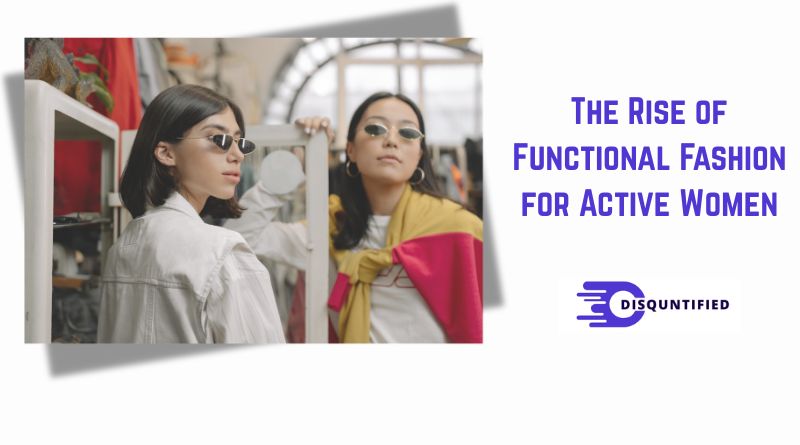The Growing Demand for Functional Fashion
The evolution of women’s fashion is steering towards garments that aren’t merely about aesthetics. This change is driven by women’s dynamic lifestyles, which demand clothing that marries style, function, and comfort. A prime example of such innovation is the thigh holster womens, which combines convenience with style discreetly. Such items are designed for women on the move, handling multiple tasks, and needing quick adaptations to various environments.
As reported by various market insights, the trend of opting for functional apparel is snowballing. More women, from business professionals to fitness enthusiasts, are opting for attire supporting their varied roles. The demand is reflected in a recent report that notes the rising preference for practical pieces in urban settings, confirming a broader cultural shift towards more purposeful, integrated wardrobes.
Key Elements of Functional Fashion
Their thoughtful design and practical features set functional fashion pieces apart. Key elements include moisture-wicking fabrics that provide comfort during physical activities and strategically placed pockets that enhance utility without detracting from style. Adjustable components allow for customization, catering to diverse body types and preferences, thus ensuring a bespoke fit. All these facets together cultivate a wardrobe that can easily transition from a brisk walk in the park to a business meeting.
Embracing Versatility in Wardrobe Choices
In modern apparel, versatility is a prized quality. Today’s women value clothes that can adapt to various social contexts, reducing the need for repetitive purchasing while fostering a compact yet diverse wardrobe. Reversible tops and pants that convert into shorts illustrate this adaptability. These innovations allow the wearer to shift their look seamlessly from casual to formal with minor adjustments, making them an indispensable choice for those embodying a sustainable and mindful approach to fashion.
Importance of Comfort in Everyday Wear
Comfort forms the backbone of functional fashion. The rise of garments incorporating breathable cotton and flexible Lycra attests to this trend. These textiles offer freedom of movement and long-wear comfort, vital for daily activities ranging from vigorous exercise to quiet office hours. Moreover, the widespread acceptance of athleisure highlights this pivot towards comfort-centric clothing, as noted by Footwear News. They emphasize how sneakers and other comfortable footwear have transcended their athletic confines, becoming mainstays in casual and even professional attire, thus allowing wearers to integrate practicality into all aspects of their lives seamlessly.
Technological Innovations in Fashion
The fashion industry is leveraging technology to redefine what’s possible in clothing design. Cutting-edge innovations, like fabrics embedded with UV protection and textiles capable of adapting to temperature fluctuations, are expanding the horizons of functional apparel. Such technological marvels address practical concerns and enhance the wearer’s experience, making clothing more intelligent and adaptable to environmental changes. This intersection of technology and fashion is shaping a new era where style meets functionality at an unprecedented scale.
Real-Life Examples of Function-Driven Styles
Functional fashion is not hypothetical; it’s reshaping everyday lives. Examples abound, from hikers utilizing GPS-embedded jackets to professionals relying on wrinkle-resistant suits for nonstop travel. These garments exemplify the blend of functionality with everyday necessities, fostering convenience in diverse lifestyles. These innovations enrich lives and support a seamless integration of fashion and function by meeting practical needs without sacrificing style.
Sustainability in Functional Fashion
As consumer demand for ethical fashion grows, the emphasis on sustainability within functional fashion rises correspondingly. Brands now prioritize eco-friendly materials and processes, crafting functionally superior and environmentally conscious garments. This commitment resonates with modern consumers who value sustainability, highlighting a collective move towards a fashion industry that is as mindful of the planet as stylish.
Future Trends and Predictions
Looking ahead, functional fashion seems poised for even greater innovations. Predictive analytics and AI may soon offer personalized fashion recommendations based on individual lifestyles and preferences. Moreover, as more brands embrace circular production models, we anticipate a rise in fashion that serves immediate needs and contributes to long-term ecological well-being. This ever-evolving landscape signifies a vibrant future for functional fashion, ensuring it remains at the forefront of women’s apparel choices.

